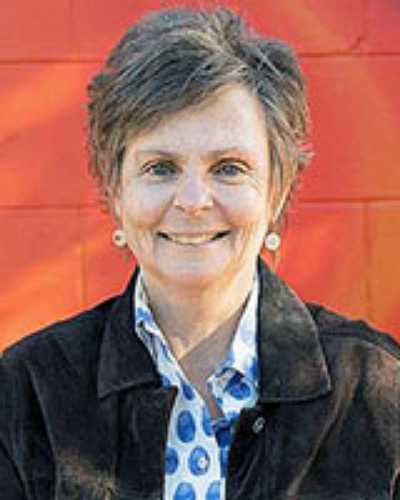Dear Editor
Dementia is already the largest single cause of disability in the older Australian population1. For Indigenous people, dementia is a major social, welfare and health problem, with rates of dementia in rural and remote communities estimated as approximately five-fold greater than the overall Australian prevalence2. The number of older Indigenous people (55 years and older) is projected to more than double in the next 12 years3. This suggests a planned effort is required in preparing service providers and the remote workforce for the changing care needs of Indigenous communities.
The short course 'Recognising and responding to dementia in Indigenous communities' was commissioned by the South Australia and Northern Territory (NT), and Western Australia Dementia Training Study Centres and developed by the NT Centre for Remote Health4. The course specifically targeted primary healthcare workers in remote/Indigenous contexts. It was delivered in a highly interactive two-day workshop format, and included a comprehensive written learning guide and additional readings. The program was very well received with 75 participants completing the course (offered once in the towns of Alice Springs, Darwin, Carnarvon and Port Augusta) in 2009.
The workshop concluded with a short session focusing on research priorities, providing a unique opportunity to hear directly from practitioners. Participant comments and reflections by the workshop facilitators can be summarized as:
- prevalence and risk factors for Aboriginal people
- uptake and appropriate use of specific assessment tools
- appropriate models of care
- a cooperative service system.
Prevalence and risk factors for Aboriginal people
Although these data are available for the Kimberley region, there is general concern that data for other remote communities are not available.
Uptake and appropriate use of specific assessment tools
The Kimberly Indigenous Cognitive Assessment (KICA)5, developed and validated in remote areas, was promoted through the workshop and many participants reported they would encourage others to use the tool. No research has been undertaken on the level of uptake of the tool, nor whether it has led to increased identification of dementia or other cognitive problems. Participants also identified that cognitive problems identified in a KICA assessment may not be adequately followed up by the broader service system.
Appropriate models of care
Although research is underway to explore models of dementia care for remote communities (see http://www.wacha.org.au/idss.html), it was clear in these workshops that formal and informal care systems are under strain. Discussions included the need to effectively determine and disseminate information on the models that best support Indigenous people with dementia and their carers in the community, to determine Indigenous understanding of dementia and the adequate resource levels for remote community care.
A cooperative service system
Research that searched for opportunities for strengthening the relationships and communication between health and community care services would be particularly welcomed. The role of remote clinics was commonly discussed, reporting a general low awareness of clinic staff in dementia assessment and management. The need to determine service providers' perspectives on their capacity and confidence with dementia care, and the impact of dementia training was also discussed.
In conclusion, we hope that our brief discussion of these themes will provide interested researchers with useful information to assist in identifying appropriate research directions.
Melissa A Lindeman1, PhD and Kate Smith2, PhD
1Centre for Remote Health, Flinders University
Alice Springs, Northern Territory
2WA Centre for Health and Ageing, University of Western Australia
Perth, Western Australia, Australia
References
1. Access Economics. Keeping dementia front of mind: incidence and prevalence 2009-2050. Canberra, ACT: Alzheimer's Australia, 2009.
2. Smith K, Flicker L, Lautenschlager N, Almeida O, Atkinson D, Dwyer A et al. High prevalence of dementia and cognitive impairment in Indigenous Australians. Neurology 2008; 71(19): 1470-1473.
3. Australian Bureau of Statistics. Experimental estimates and projections: Aboriginal and Torres Strait Islander Australians, 1991-2021. (Online) 2009. Available: http://www.abs.gov.au/ausstats/abs@.nsf/Products/744FB2E9312BC13CCA25762A001CBA54?opendocument (Accessed 1 June 2010).
4. Jensen H, Lindeman MA. Recognising and responding to dementia in Indigenous communities. Short course 'guide to learning'. Alice Springs, NT: Centre for Remote Health, 2009.
5. Smith K, LoGiudice D, Dwyer A, Thomas J, Flicker L, Lautenschlager NT et al. 'Ngana minyarti? What is this?' Development of cognitive questions for the Kimberley Indigenous Cognitive Assessment. Australasian Journal on Ageing 2007; 26(3): 115-119.


